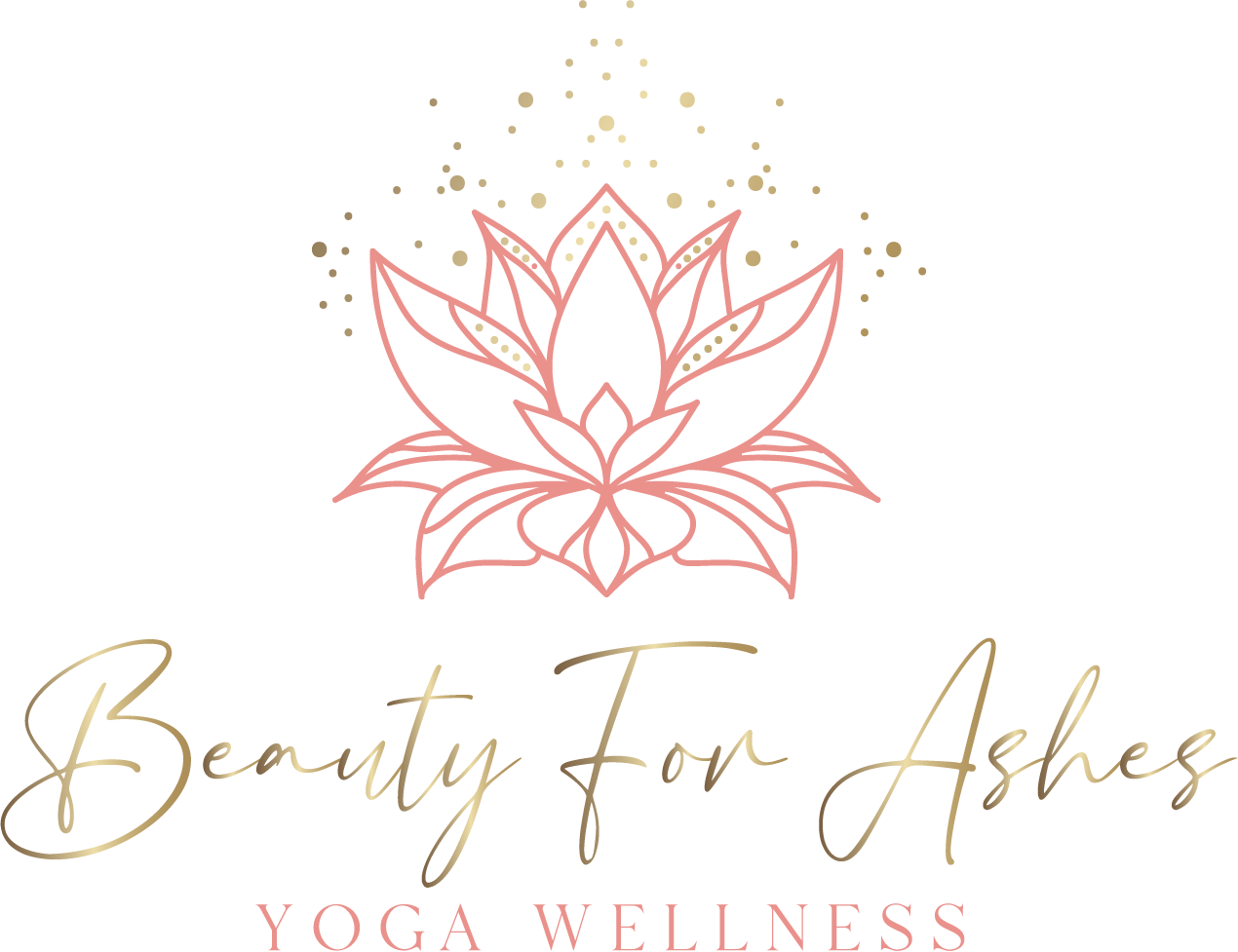Beginners Guide to Meditation
How To Do Meditation: Step By Step Guide:
As a Certified Meditation eacher, I know lots of people are looking for easy ways to start meditating.
I’m this article, I will offer very simple step by step guide to how to meditate.
1: Prepare space & Time
Get ready for meditation
Before you start meditating, set a time and space where you will practice. Set aside 5-10 minutes and use a timer. Create a comfortable space by choosing a place that is quiet, light a candle or incense if you like, so it is relaxing. Make sure you have dealt with any potential distractions before you start meditating.
2: Assume the correct position
Proper meditation posture is imperative.
It is important to have a good posture when you meditate.
You do not have to sit with your legs crossed, but you should have good general posture, good spinal position (straight with a slight curve) and be comfortable. You may find it beneficial to seat in a chair with your feet flat on the ground or you may choose to lay down flat on your back. You want to be in a comfortable position for you.
3: Starting to breathe
Mindful breathing is the best place to start
The best method for beginners are the various breathing techniques.
Close your eyes and focus on your breath at it moves through your nose. Notice how your breath fills your body. Do not control the breath, simply observe it. You may like to count breaths.
4: Dealing with thoughts & Feelings
Non-judgmental attitude
While you meditate, you will notice thoughts and feelings. When these occur, simply observe them. Do not judge your thoughts and feeling as good or bad, simply observe them. You may also like to label your emotions and distractions, such as by saying “This is a feeling of anxiety” or “That is just a thought”. This is the method used in the Buddhist technique Vipassana.
5: Practice daily
5-10 minutes per day is enough
Most experts agree that it is best to practice meditation daily for around 5-10 minutes at a time to start out. Continual practice will develop focus and concentration, boost present-moment mindfulness, promote relaxation and inner-calm, and alleviate stress and anxiety.
